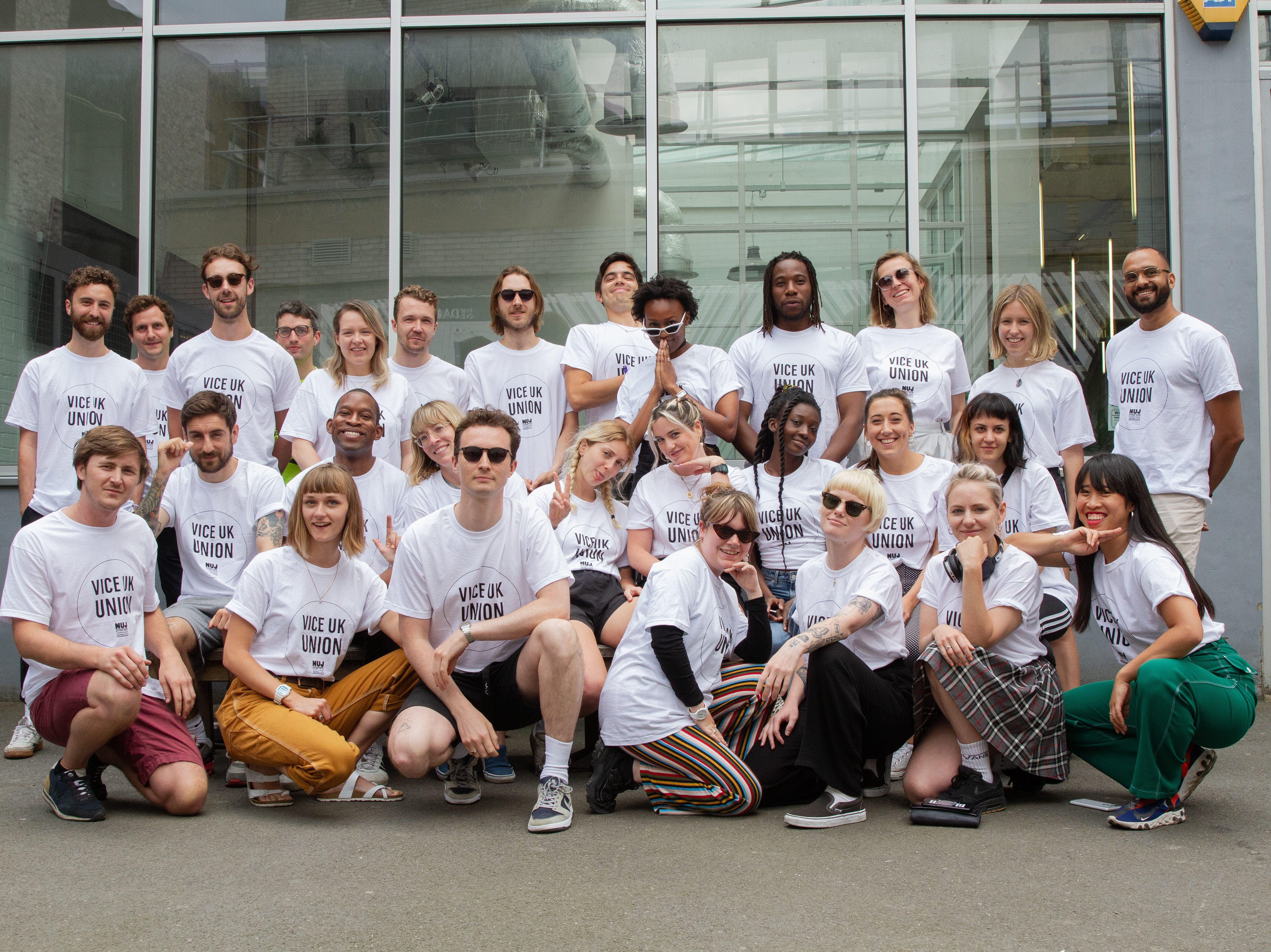
Vice Media Group is considering a proposal from staff to implement a four-day working week with no reduction in pay for its UK office.
National Union of Journalists staff at Vice UK unionised and were successfully recognised in 2019. They are now pursuing the change in their latest round of collective bargaining negotiations.
If they win, the millennial media brand could become the first major UK news publisher to implement a four-day 32-hour working week, with more than 50 employees affected.
Ruby Lott-Lavigna, mother of the Vice UK NUJ Union chapel, said: “The pandemic has shown that work practices once deemed impossible – such as remote working on a global scale – can be implemented without a company imploding on itself.
“The union believes that now is the time to introduce new working practices, like a four day week. Fewer work hours would allow higher productivity and a happier workforce, something we know Vice cares about.
“At the end of a long, hard year, it’s time to radically rethink the way we see work. We hope that the company will look at our proposal with an open mind and embrace the potential to be a pioneer.”
A Vice spokesperson said they were unable to comment.
The proposal put together by staff at the request of management suggests a collective day off for departments that can do their work, including producing content, in advance. This would include vice.com editorial and the marketing department and could mean an “on call” system to cover the extra day.
Departments where this is not possible as staff are needed five days a week, such as Vice World News, could be on a shift pattern, they suggested.
[Read more: Vice among publishers claiming up to £10,000 furlough cash from UK Govt between December and February]
Independent magazine company Target Publishing introduced a four-day week last year to do something positive for staff following coronavirus-induced pay cuts – but kept the new model even after reinstating pay due to the positives it brought.
Founder and owner David Cann told the Guardian: “Of course there were teething problems, but we found meetings were much shorter and we looked at the way staff worked and what they did much more closely to achieve significant efficiencies.
“And from a mental health point of view, we see huge benefits and because everyone wants it to work, you get an upside in higher profits.”
Scottish First Minister Nicola Sturgeon pledged that if the SNP is re-elected this week it will ringfence £10m to fund a trial of the four-day working week for any businesses willing to take part.
Spain’s government also agreed in March to trial the idea.
Picture: NUJ
Email pged@pressgazette.co.uk to point out mistakes, provide story tips or send in a letter for publication on our "Letters Page" blog
